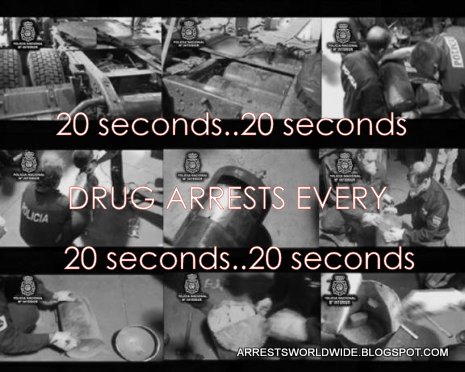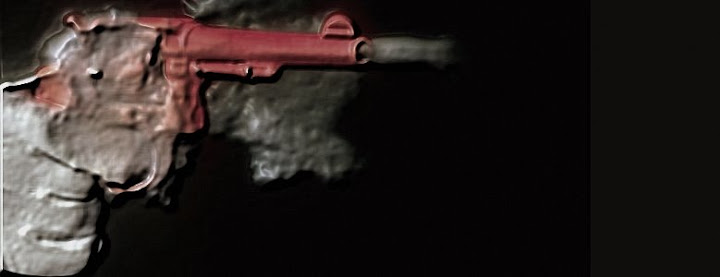Anthony Phillips, 26, of San Bernardino, is accused of fatally shooting Maurice Major, 29, of Riverside, at an apartment complex in the 1200 block of North Sierra Way. Phillips was arrested the next day. He is charged with one count of murder, and prosecutors have added a gang enhancement for Phillips' alleged involvement in a San Bernardino gang. Phillips, who was in San Bernardino Superior Court on Thursday, has pleaded not guilty to the charges. During the hearing in front of Judge James Dorr, a detective and an officer from the San Bernardino Police Department were called as witnesses. They testified about the shooting and gangs in the area. Phillips, also known as Ant, is affiliated with the Delmann Heights Bloods, said Officer Jonathan Plummer, a gang investigator with the San Bernardino Police Department. "(The shooting) enhances the gang by sending a message to rival gang members and to the community - that Delmann Heights is very violent," Plummer said. The officer testified about Phillips' reported noteworthy tattoos, including "DH" under his eyes, "Bloods" on his body, "San Murderdino" on his abs and "Delmann Heights" on both arms. Witnesses told police that Major was also a gang member, Detective Albert Tello testified. Advertisement His street name was West and he was affiliated with the West Covina Neighbor Hood Crips out of Los Angeles County. Recently, Los Angeles County gangs have come into the Inland Empire to sell drugs, Plummer said. Delmann Heights, which has more than 150 documented members, claims the boundaries of California Street to the west, Medical Center Drive to the east, Cajon Boulevard to the north and Highland Avenue to the south, according to police. Following a recent gang injunction in Delmann Heights, several DH members have migrated over to the 1200 block of Sierra to sell narcotics, Plummer said. Major's girlfriend told police that on the night of the shooting they were at a party outside a San Bernardino apartment complex, Tello testified. She told police that 20 to 30 people were there, including Phillips. The two men were familiar with each other, she told police, and at one point Phillips approached Major and asked to speak with him, Tello testified. The two walked away, Tello said, and while they were talking they got into an argument. Phillips then allegedly shot the victim several times in the chest, the girlfriend told police. "After he shot the victim, the suspect ran from the complex, put the gun away and ran toward Fame Liquor," on Base Line, Tello relayed on the witness stand. Major was taken to a local hospital, where he was later pronounced dead. Deputy District Attorney David Tulcan said prosecutors are still investigating whether Major had a gun on him that night. Authorities did find a clear, plastic bag with several pieces of suspected rock cocaine on the victim, police said. Testimony in the preliminary hearing will continue on Monday, where a judge is expected to set trial dates. May was a deadly month for the city. There were 12 reported homicides - five in one week. The spate of May violence prompted memories of the 1990s, when gang violence peaked in the area. The number of people killed in the city this year is up to 23






 05:31
05:31
 El NACHO
El NACHO


